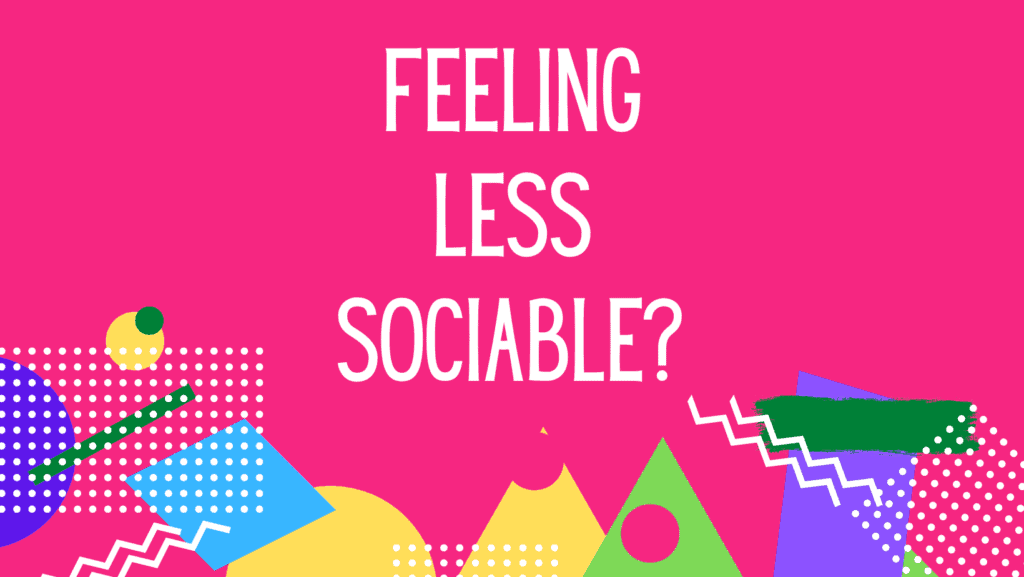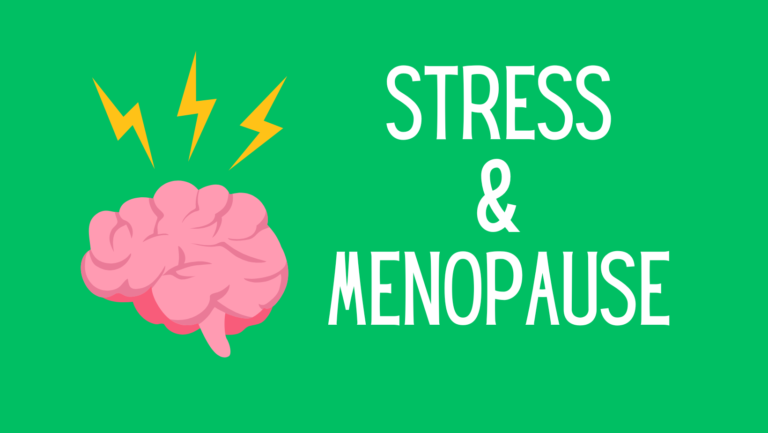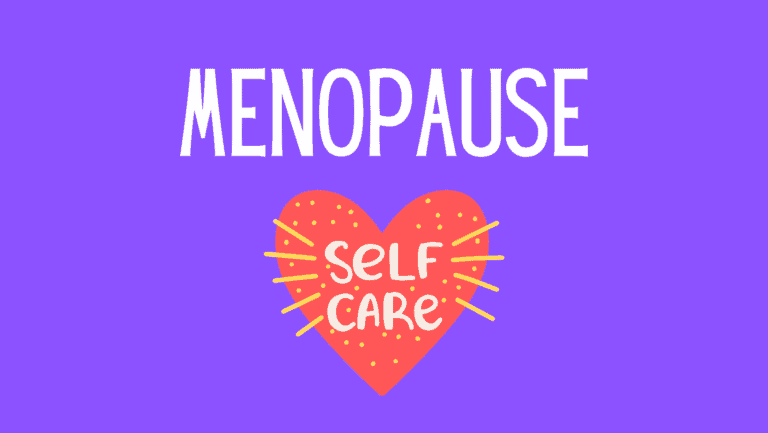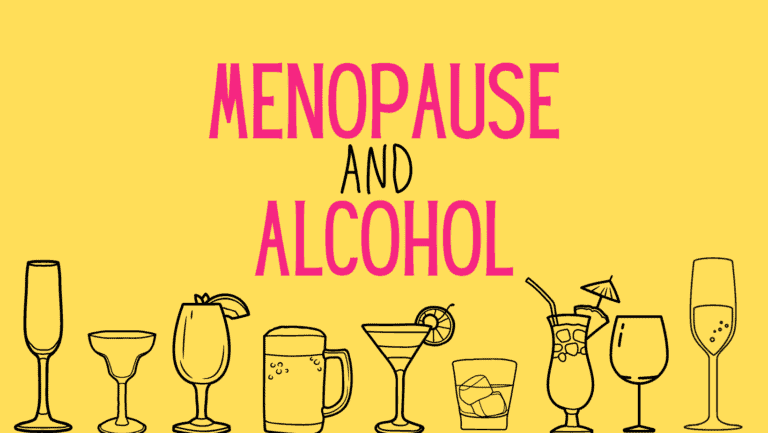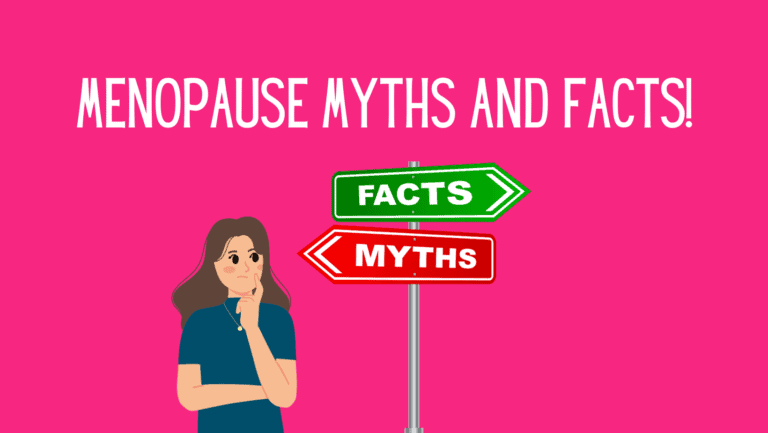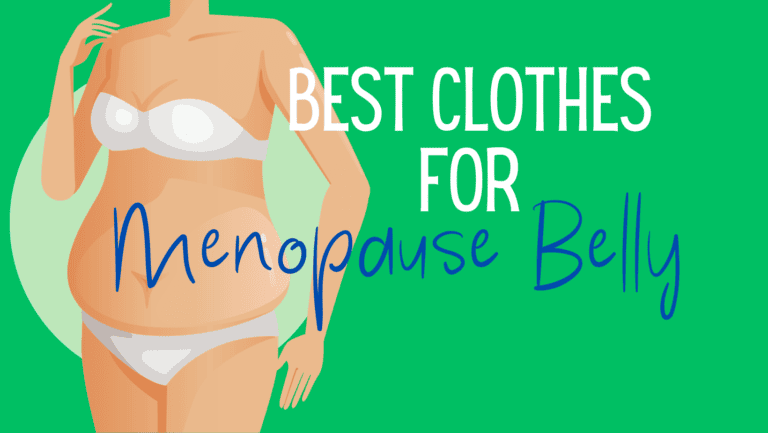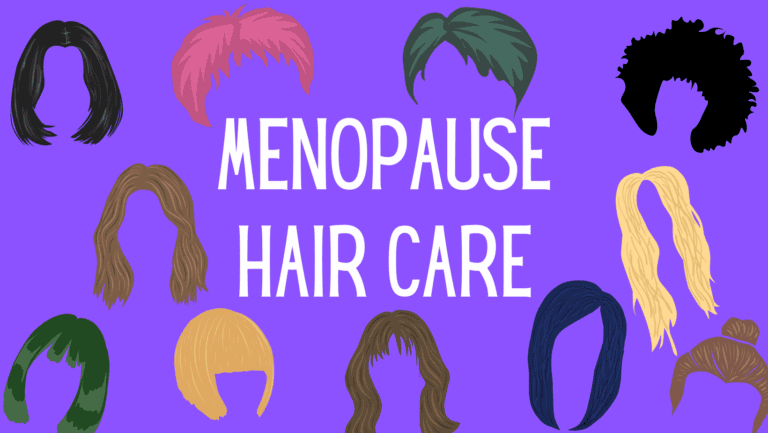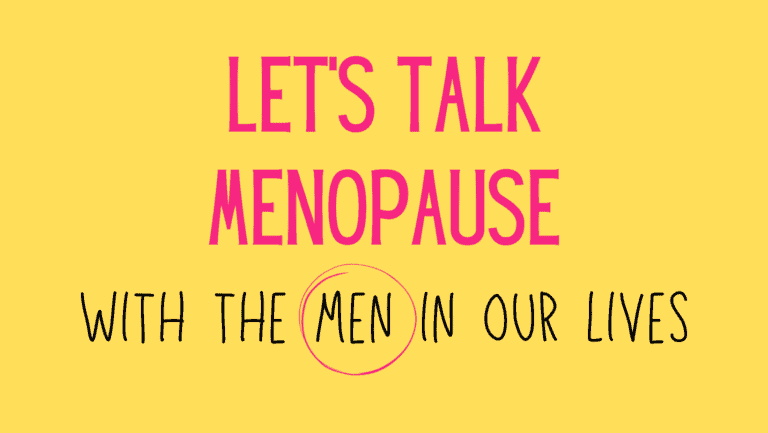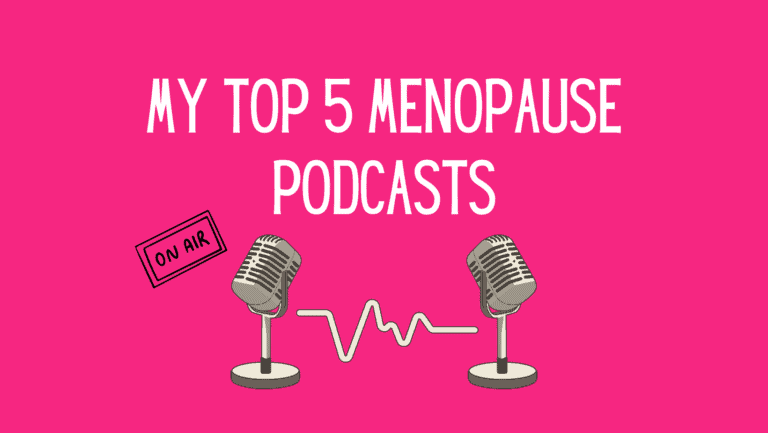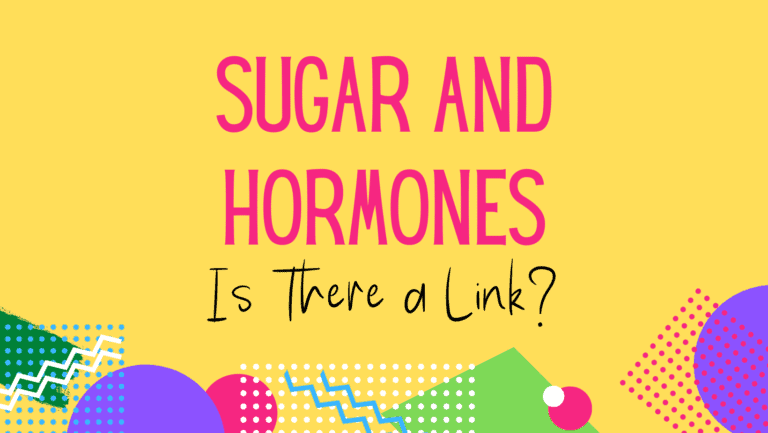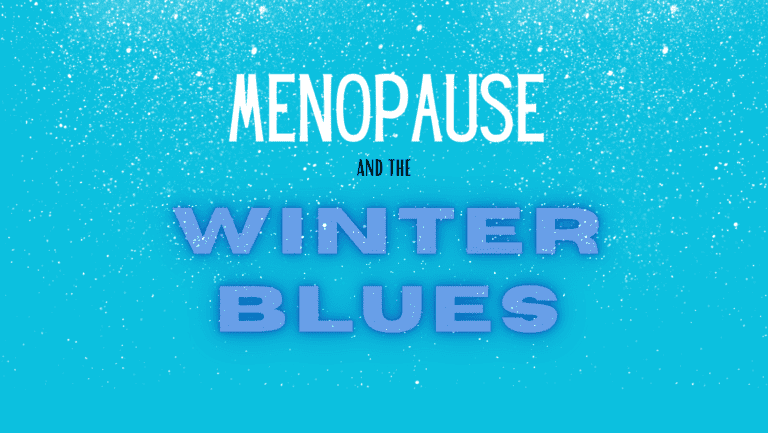Less Sociable During Menopause Contents
Does feeling less sociable during menopause sound like this to you?
All of a sudden but not all at once you have realised that very slowly you have started to withdraw from activities.
You are no longer asking friends to go for coffee. Dreading any plan coming up when you have to go out. Avoiding replying to texts asking you to do things. Preferring to hide away at home, avoiding it all.
When I say hiding away, I don’t mean carving out time for yourself in your busy life, I mean actually hiding away from other humans.
This is how it was for me. I didn’t want to see anyone, didn’t find anyone overly exciting or funny, and as soon as I could escape a work event, was out of there like a prize whippet.
Research shows feeling introverted during menopause is actually one of the common symptoms of menopause and perimenopause.
This is along with the classics such as hot flushes, brain fog, bloating, fatigue and lack of concentration.
We need to talk about this symptom a lot more than we do.
Often women experiencing menopause introversion are labelled as depression and anti-depression tablets are prescribed when it is actually menopause.
What Causes Introversion in Menopause?
When our hormones fluctuate during perimenopause, the biggest drop is in oestrogen, which is the cause of all the symptoms we discuss in this blog.
Feeling introverted and less sociable has a few other side effects which can make the whole situation worse.
No one really wants to be a social butterfly when their hair is thinning, they go bright red and sweaty from hot flushes at the drop of a hat, they barely remember people’s names and they are feeling bloated with sore boobs!
Self-esteem is on the floor at this point.
The more you tell people you don’t want to hang out with them the less they will ask so you start to feel more lonely and isolated and the introversion just gets worse, you feel guilty for not saying yes more, and your anxiety peaks and round you go again.
It’s hardly surprising that introversion happens to a lot of women during menopause.
Who Does Feeling Less Sociable During Menopause Affect?
You are the one affected by this change in your hormones and you can’t stop that from happening so it is a big deal for you, but it can be a big deal for other people.
I found myself avoiding the people I care about the most, it was almost as if they were in a bad place, I couldn’t hear it anymore, and it made my low mood worse.
My family members noticed the difference and they went off and did their own things together without me, my desire to be socially connected to these people, went away.
The thought of making new friends made me want to vomit.
I just could not fit anything else into my world, didn’t want to have to paint on a happy face and be sociable, just wanted to avoid, avoid, avoid.
My menopause journey will be different to yours but feeling less sociable isolated me from my family.
It made them feel like I didn’t care anymore, that they were not important to me. I made them feel like I was more bothered about me than them and this wasn’t true, I just couldn’t face them.
How Common During Menopause Is Feeling Introverted?

Introversion can be common during menopause when self-esteem is low and you are feeling anxiety that you have not felt before.
As I said above, there may be other factors at play when considering all the other menopausal symptoms we get lumped with during this menopausal transition.
If you feel yourself starting to withdraw from family and friends you speak to healthcare professionals, they can help you see if this is a symptom of menopause or if there is something else at play.
How Does Menopause Affect Your Social Life?
So many women find that their social life is affected by menopause because their mood has changed. Their desire to be out and about in person has changed, and importantly they don’t view themselves as good company.
Some signs you are being socially withdrawn:
- Avoiding going out
- Ignoring the Sunday brunch crew
- Hiding in the school playground so you don’t have to talk to your Mum friends
- Not joining in the group text
It’s such a weird thing when you have avoided people so much that you now don’t get invited to thing. But not getting invited makes you feel like an outcast, which makes you feel worse so you hide even more!
Your friends and family want to spend time with you, even if you are crabby, sweaty, bloated and anxiety has taken hold. They still want you in their social activities, and they will understand that you are feeling less sociable during menopause.
How Long Can Feeling Less Sociable During Menopause Last For?
Feelings of introversion and wanting to be less social can feel like they are going to last forever. But being aware and understanding why you feel like this means you can look to help yourself and find your social butterfly wings again.
For some people, the realisation that they are struggling with this and that their quality of life is suffering is enough to spark a search for help.
How Can I Help Myself Feel Less Introverted?
Firstly you need to look at the barriers that are holding you back:
Feel unattractive from all the symptoms? Realise that each symptom has a way to lessen the effect, with a little research you can find ways to make you feel better for most of them. Here is a great place to start.
Irritability making you think everyone is annoying? There are exercises you can do to help breathe through the moments of irritability to allow yourself to connect with people again.
Anxiety got you thinking everyone hates you? Nope, they don’t, they might just not understand what you are going through, it is OK to tell them.
Know that we are meant to be social. Relationships, can help reduce stress, and provide better quality sleep. There is research that emotional connections give a burst of oxytocin which has a bunch of loveliness in it but it can also help you live longer. Winner.
Volunteer. If being around people has become weird for you, then try dipping your toes into volunteering for a project that means something to you.
Check out community forums. Many women feel like you, so make some meaningful connections with women who know exactly what you are dealing with, and speak to them about what they have done to slowly come back to social activities.
Exercise. I know, I know, it’s the go-to for a lot of websites when offering help but your body needs movement and your mind needs clarity, this doesn’t have to be pumping iron in the gym, I mean a long walk is ideal! The health benefits of walking are amazing.
Talk to a Doctor. women shouldn’t suffer from wanting to hide away, they need support so that they can feel like their normal selves again.
Hormone replacement therapy (HRT) I went on HRT for my awful symptoms which were severely affecting my mental health. My mood swings were out of control, the physical symptoms made me cry and my relationships suffered daily.
Search for a great therapist. Finding someone who can help you understand and process this stage of your life can be amazing. We know about the menopausal symptoms and what the menopause transition might consist of, but we need support in being able to handle it. It can be a lot
Closing Thoughts
Most women deal with menopause alone, they suffer in silence or they don’t even know they are menopausal.
Women are awesome, the fact we can go through all of this and still get the job done blows my mind, but some of us need support.
I went from thinking I was insane for no longer wanting to socialise with anyone, especially not my colleagues and clients (and that is my job, to socialise) to finding my mood slowly changing thanks to HRT.
I now look forward to seeing people, on my own terms, no slapping a smile on, I go if I feel up to it and I don’t if not. And that is OK by me.
HRT worked for me in bringing me back to my old self but that came with the support of my amazing partners and two children, who lift me up talk to me about it all and make me feel a lot less alone.
For all the women who are struggling with feeling less sociable during menopause, please go and see your GP or a menopause specialist. They will be able to point you in the right direction.
You’ve got this
Disclaimer: I am not a medical professional, herbal or physical therapist, and I am not educated in the menopause space. All opinions expressed on this blog are my own and should not be taken as medical advice. This blog is intended to share my personal experiences and insights, and should not be used as a substitute for professional advice. Please consult a qualified medical professional, herbal or physical therapist for any health-related concerns. Additionally, I strive to keep things light and entertaining, but please keep in mind that the topics discussed on this blog may be sensitive or triggering for some readers.
Get Your Free Perimenopause Symptom Checker
Thank you!
Your symptom checker is on its way to you!
